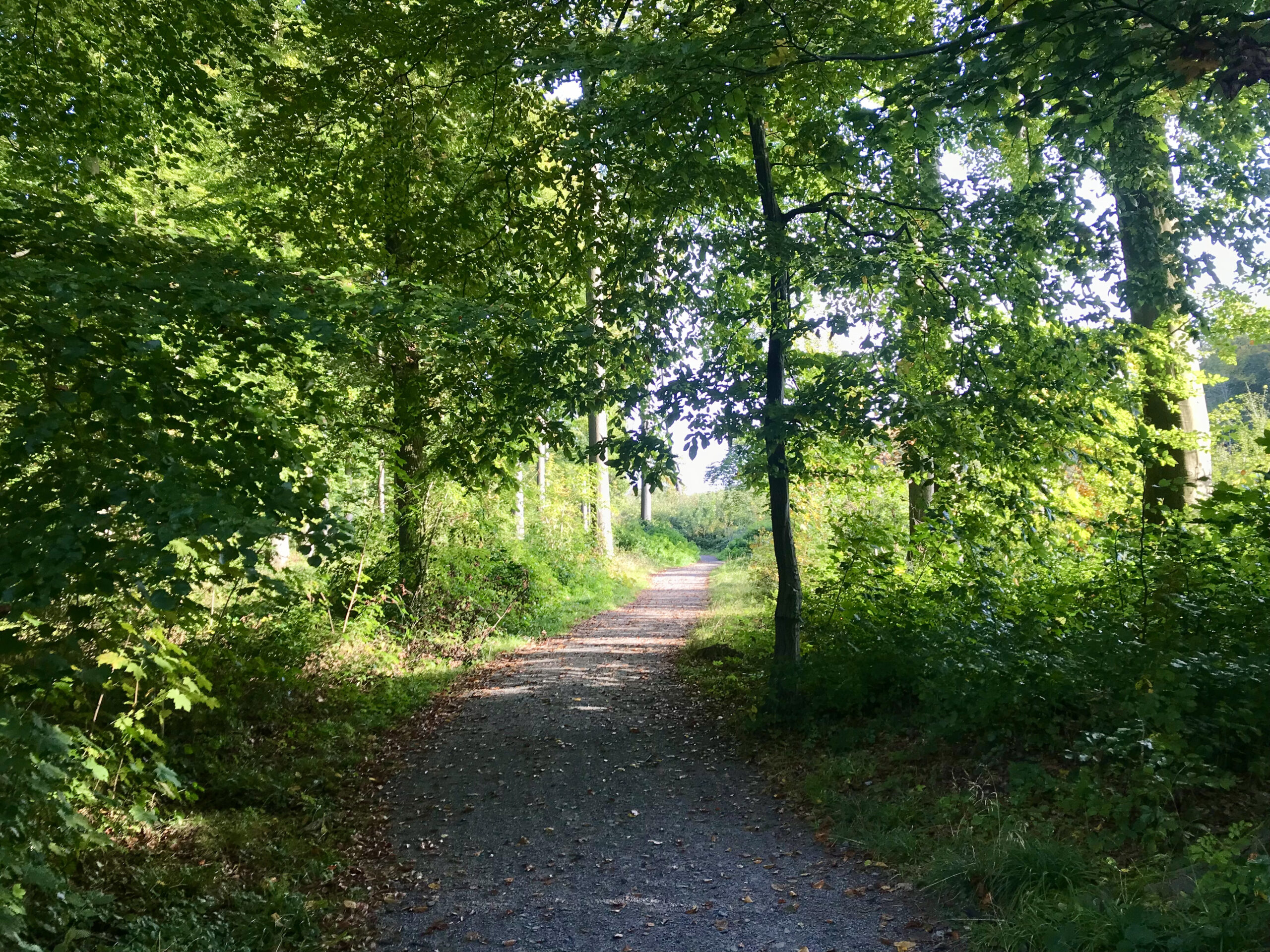Cost-effective opportunities to restore ecosystems, enhance multifunctionality and sustainability and mitigate climate change, are provided by spontaneous forest growth.
Research by Martín-Forés I. and colleagues (2020) conducted in South-West Europe, investigated the changes in nature’s contribution to people (NCP) from spontaneous regrowth, meaning forest expansion and densification. This study showed that forest expansion and densification are linked to greater climate regulation and energy provision.
Passive restoration, being spontaneous forest restoration, has the ability to enhance regulating and material NCP such as regulation of climate through carbon sequestration, and increased energy.
In order to optimize NCP and to increase societal awareness of spontaneous regrowth, the process effects must be analysed in close coordination with local stakeholders. Both stakeholder perceptions and trade-offs between competing land uses must be taken into account to improve forest multifunctionality and sustainability.
Learn more:
Want to read the blog post of European Forest Institute (EFI) about this research? Go to: https://efi.int/publications/spontaneous-forest-regrowth-south-west-europe-consequences-natures-contributions
Link to the scientific article: https://besjournals.onlinelibrary.wiley.com/doi/10.1002/pan3.10161
Full reference of the article:
Martín‐Forés, I., Magro, S., Bravo‐Oviedo, A., Alfaro‐Sánchez, R., Espelta, J. M., Frei, T., … & Valladares, F. (2020). Spontaneous forest regrowth in South‐West Europe: Consequences for nature’s contributions to people. People and Nature, 2(4), 980-994. DOI: https://doi.org/10.1002/pan3.10161
Featured image was taken by Celine Boeykens
